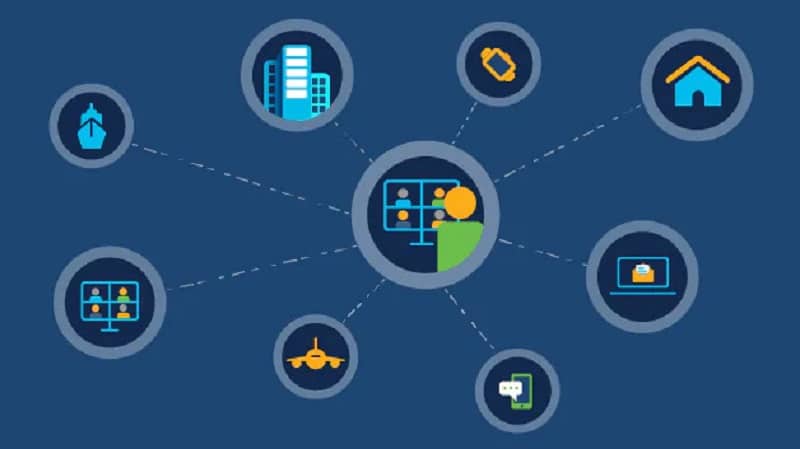Lately Cisco carried out a new study titled “Employees are ready for the hybrid work, and you?”. The study, carried out through the analysis of the impact that this new way of working affects the state emotional, financial, mental, physicist e social of people, he offered gods quite interesting results. Let’s find out all the details together.
Hybrid work is the best solution, according to the Cisco study
More than half of the Italians, the 54% to be exactshe is sure that the quality of her life has improved thanks to hybrid work. 55% even claim to be more productive. The news, however, does not end here because 71.8% believe that their work can be successfully performed both at home and in the office. Unfortunately only 1 in 4 people is convinced that her company can offer a similar way of working.
According to Cisco’s research, i personal well-being improvements they were equally perceived both in Italy and in Europe. Let’s analyze all the data better.
Impact on the quality of work and personal well-being

Il 73.1% of the Italian respondents believes that the hybrid work e remotely improved their life; it is also believed that time outside the office offers the opportunity to find the perfect balance between work and personal relationships.
The reasons are essentially two: more flexible working hours e reduced commuting times o eliminated.
According to the study, around the 55% of Italians claims to have saved at least four hours a week working from home, while 19% eight or more hours. And when asked how the time saved in traffic was spent, 48% replied “to family, friends and pets”.
This means that remote work has improved family relationships and it also allowed respondents to consolidate relationships with their friends.
Economic savings and health
Remote working has not only helped build relationships with friends and family but has also produced a significant savings from an economic point of view. 66% of the interviewees, both in Italy and in Europe, declared that they had saved on average 125 euros per weekthat is to say 6,000 euros per year.
According to 90% of the interviewees, the greatest savings were seen on fuel and / or on displacementsfollowed by a decrease in food expenses e entertainment (71%).
The Cisco study continues considering also the aspects related to health. 55% of Italians claim to having improved their fitness with remote work; instead for 65% the eating habits they have had an improvement by virtue of remote working.
Finally, 78% of the entire geographic area considered say that the ability to work from anywhere made them happier; over half of them also report that hybrid work contributed to reduce their stress level.
Dynamics and work support
The study therefore shows that 85% of respondents want one in the future hybrid working mode, a mix of remote and office work. 10% of people want to work only remotely while only 5% want go to the office full time.
As you can imagine, however, there are uncertainties about how different working styles can affect theinclusion and onI commit.
Over half of the respondents say that those who only work remotely will have difficulty interacting with their colleagues and with theagency compared to those who do alternate between working remotely and in the office. Cisco research also highlights that trust will be a critical element for organizations to manage.
These data underline the need for an inclusive culture to fully benefit from a hybrid work future.
According to 72% of the interviewees their company must change mentality to support a hybrid workforce. Among the points highlighted is the provision of one greater flexibility in the definition of working hours (51%) and one greater attention to employee well-being.
Hybrid work according to the Cisco study: cybersecurity
Finally, the Cisco research also highlights the IT security, which plays a fundamental role. In fact, for 78% of the interviewees it represents a fundamental requirement to work in hybrid mode, while 65% say their company has functionality and gods necessary protocols. Only 63% believe their company employees understand the cyber risks associated with hybrid work, and the 68% that business leaders are aware of the dangers.















Leave a Reply
View Comments